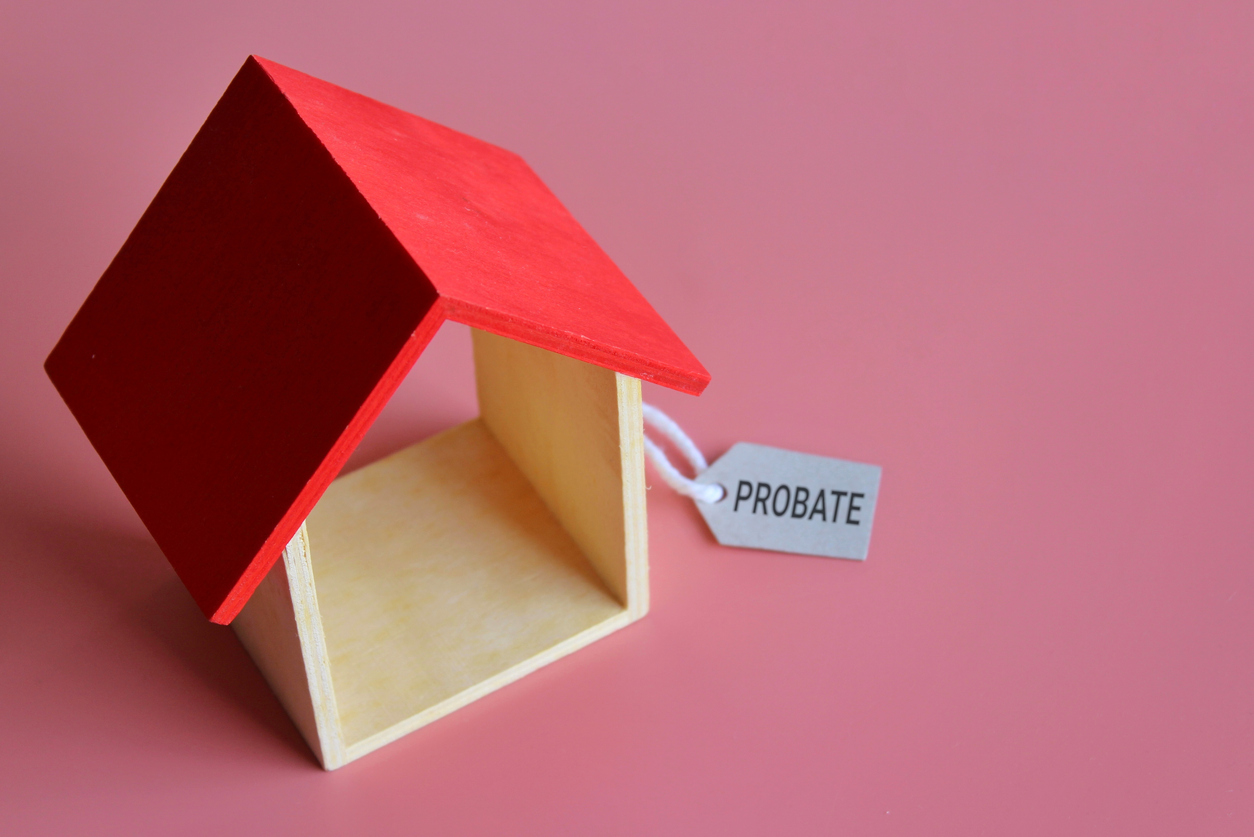Almost everyone has heard of probate, but many people have no experience with the process, and myths and misconceptions are common. We get a lot of questions about probate, and some of the concerns we hear are based on inaccurate information that people have received. As the saying goes, “knowledge is power,” so here are nine things you may not know about Michigan probate (and what you may have been told instead).
Having a will does not allow your estate to avoid probate.
One of the most common misconceptions we hear is the idea that creating a will allows your estate to bypass the probate process. In fact, the opposite is true: assets left to your loved ones in your will must go through the probate process. If you want to avoid probate, estate planning can help you do so, but not by making a will. There are other estate planning tools, such as trusts, that do keep assets out of probate.
If you don’t have an estate plan, the state determines how your estate will be distributed.
Some people mistakenly believe that if they don’t have a will, their property will be taken by the state. That’s not true if there are living family members. However, what IS true is that state law of intestate succession determines how an estate will be distributed. In a nutshell, your estate is distributed to your closest relatives first. If you don’t like how the state would distribute your assets in probate, make an estate plan before that becomes necessary.
The probate process isn’t the same for everyone.
Depending on the size of your estate, how your assets are held, and who your heirs are, your estate may be eligible for a simplified or streamlined probate process. There are a number of ways to distribute the estate of a deceased person in Michigan, including transfers by affidavit and the “small estates” process. In fact, most Michigan estates do not require the more complicated processes of supervised probate or unsupervised formal probate.
There have been recent changes to the law regarding small estates, which we will discuss in an upcoming blog post.
Probate usually doesn’t drag on for years.
One of the reasons that many people want to avoid probate is that they are afraid that the assets of the deceased will be tied up in the probate process for years. In fact, the probate process is usually wrapped up within a year, and often sooner with simplified probate processes. The help of an experienced Michigan probate attorney can help the process move along efficiently, no matter what probate process an estate is going through.
The executor doesn’t have to pay for a probate attorney.
Because the services of a probate attorney are considered a benefit to the estate, the attorney’s reasonable fees are usually paid out of estate funds. In other words, the executor (personal representative) of an estate who would like the help of an attorney doesn’t have to pay for one out of their own pocket.
If you don’t open a probate estate soon after a loved one’s death, someone else could.
Michigan residents are often surprised to learn that if they do not open a probate estate for a deceased family member within 42 days after the death, someone else, like a creditor, can ask the court to appoint someone to serve as personal representative of the estate. That’s just six weeks after a death, which isn’t a lot of time. The lesson here is that even if you have been named executor of an estate in a will, you still need to promptly open a probate estate, because you have no power to act on behalf of the estate until you are appointed by the court.
An estate might have to go through probate in multiple states.
A probate case is opened in the county where the deceased last resided. But if the deceased had real property in their own name in another state, a probate case might also have to be opened in the state and county where the property is located. This is called ancillary probate, and it is simple to avoid with proper estate planning, which could mean having real property in other states owned by a trust.
Sometimes it’s better for an estate to go through probate.
Most people try to avoid the need for probate, but sometimes it’s actually beneficial for an estate to go through probate. Probate can provide a structured process that helps provide certainty and structure, especially where there are likely to be probate disputes.
Probate provides a means to ensure that a will is valid (or resolve disputes over questions of validity). It also provides a process for identifying and resolving estate debts, ensuring that claims against the estate will not arise months or years after assets are distributed to heirs. In situations where there are significant or complex assets, or concerns about the personal representative’s ability to manage the estate, the probate court can offer needed oversight.
If you want to avoid probate altogether, it’s easier than you think.
An experienced estate planning and probate attorney can help you decide whether it’s in your best interest for your estate to avoid probate, and if so, how you should go about it. Trusts are a common tool for probate avoidance, but there are many others depending on your needs. To learn more about avoiding probate or administering a probate estate, contact Estate Planning & Elder Law Services to schedule a consultation.




